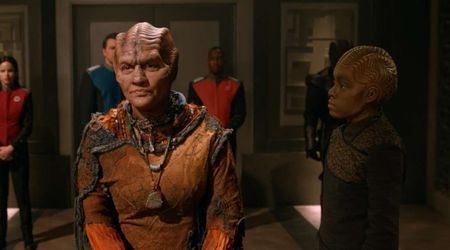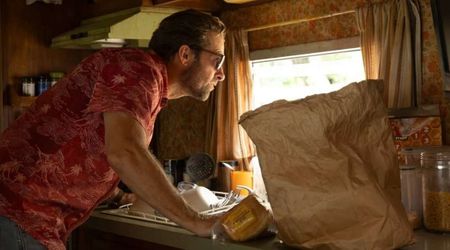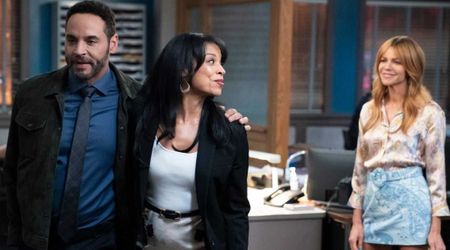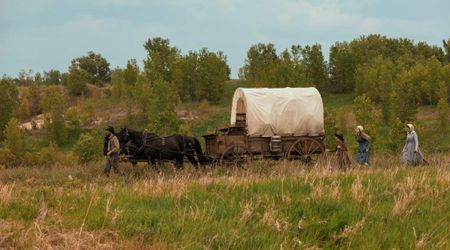Netflix announces roster of classic Black sitcoms, fans glad they’re undoing Black erasure from TV during ‘90s

Netflix has landed the streaming rights to several iconic Black sitcoms from the late 1990s and early 2000s. In a tweet on Wednesday, July 29, Netflix announced, “Time to pop bottles. The following classic shows are coming to @Netflix (US),” sharing a list as well as messages from actors from those sitcoms.
‘Moesha’ will be available on the streamer from August 1. The first three seasons of ‘The Game’ will be available starting August 15. ‘Sister Sister’ will be available on Netflix from September 1. ‘Girlfriends’ from September 11. ‘The Parkers’ will drop on the streaming site on October 1. ‘Half and Half’ and ‘One on One’ will be there for viewing starting October 15.
Netflix added in another tweet, “We've seen every comment and request about getting these classics on Netflix, and we want to thank the fans for riding so hard. We're excited to relive these moments with you!”
Fans of the sitcoms were ecstatic. One fan wrote, “I’ve been waiting for years! I still watch @TiaMowry @TameraMowryTwo on YouTube in 4-5 min scenes to this day lol. Feels like Christmas woohoo.” Yet another wrote, “Damn. This is crazy. Feel like the high school/college days again and UPN (United Paramount Network) was running like a well-oiled machine lol.”
But it wasn’t all nostalgia. Several people felt that making these iconic sitcoms available on Netflix was part of Black representation. One person wrote on Twitter, “Why did Netflix snap like this! The black representation. The melanin. The flavor. We stan immensely. Thank you for fighting for this. You don’t even know how much you are appreciated.”
A Twitter user explained, “'90s and early 2000s Black sitcoms are the blueprints. It is going to be such a joy to revisit them in this way. Thank you, Netflix. We are ready,” adding, “Why am I actually crying right now? These shows were so fundamental to my life, to my cultural understanding, to my ability to create the kind of work I create. I am so thrilled so many people will get to experience them for the first time.”
The conversation also moved to the erasure of Black popular culture by television networks. One Twitter user pointed out, “Also now that these Black sitcoms are coming to Netflix, I want to remind y’all that CW, which was a merge of The WB and UPN (The Parkers, The Game, One On One, Half and Half) canceled these shows prematurely due to making the network more white show centered.”
The Twitter user added, “Changing time slots outside of prime time hours which brought down ratings and then they would cancel them. 'Everybody Hates Chris' and 'All of Us' also. Like a racial cleansing of the network. I'm so glad we all get to enjoy these shows again and others who never got to can.”
Many pointed out that as far as popular culture is concerned, the ‘90s and the 2000s were dominated by White-centric sitcoms like ‘FRIENDS’, ‘Seinfeld’, ‘Everybody Loves Raymond’, ‘How I Met Your Mother’ and more. The fact that there existed good Black sitcoms but were never on the pop culture radar speaks volumes of how this culture of erasure has been effective.
“Black sitcoms have long been less available than average, be it in physical form or now in SVOD. This has had multiple insidious effects over time,” pointed out a Twitter user, adding, “Those shows oftentimes can't be seen. They are also less likely to be syndicated, which means less seen and less lucrative. On top of that, you have to account for the access, not to some shows individually, but to the patrimony of Black television. If you're less likely to have access to those shows, you're not gonna know they exist or won't remember them.”










